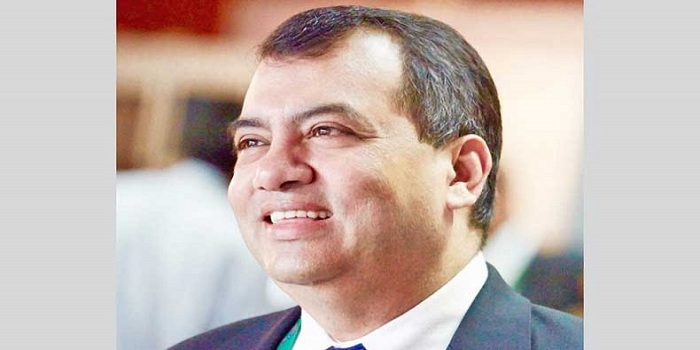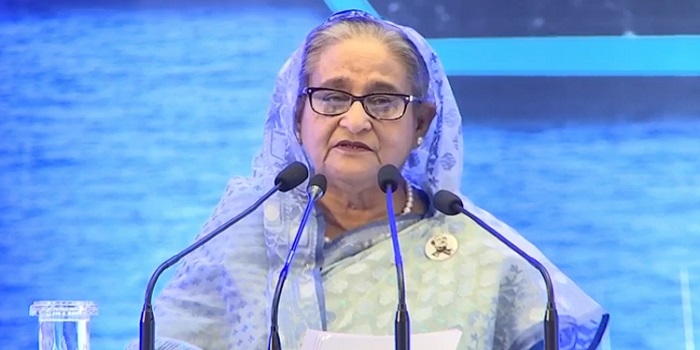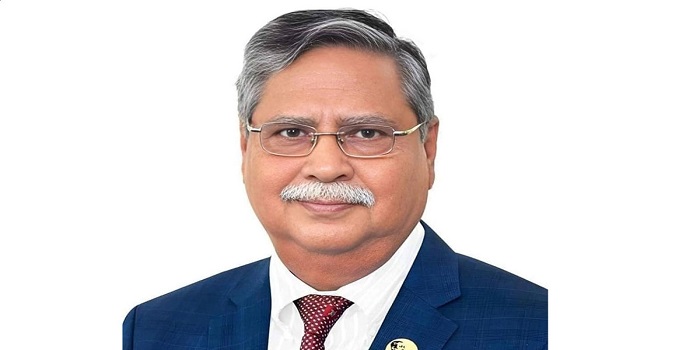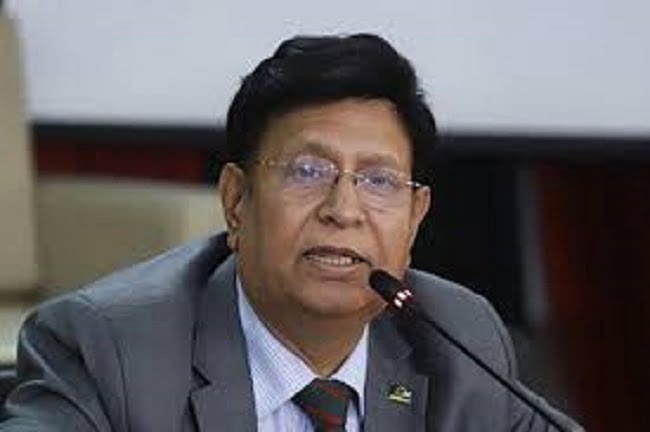Tractor rally: India farmers clash with police in massive protest
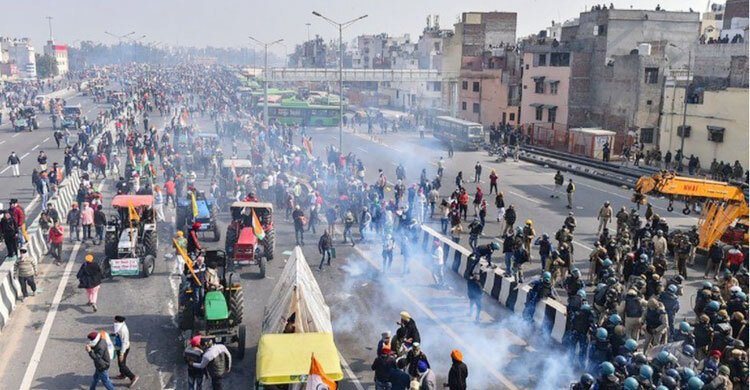
Farmers have fought through barricades and tear gas to enter Delhi on India’s Republic Day.
Tens of thousands of them are driving into the city on tractors to protest against new market-friendly reforms, reports BBC.
In some places, farmers broke barricades and diverted from the route they had agreed with the police.
Tuesday’s rally is the latest episode in a months-long protest, one of the longest farmers-led agitations India has ever seen.
The government has offered to put the laws on hold, but farmers say they will settle for nothing short of a repeal.
Farmers have been striking for two months at Delhi’s borders, demanding a roll back of the new laws.
Police agreed to allow Tuesday’s rally after several rounds of talks on the condition that it would not interrupt the annual Republic Day parade.
Tuesday’s rally was expected to begin from six entry points to Delhi and police barricaded all of them and gave farmers specific routes for their rally. The routes involved roads on the outskirts of the city.
But farm groups at three different borders – Singhu, Tikri and Gazipur – broke through barricades and began marching into the city, on foot and in tractors.
“Mr Modi will have to take back these black laws for sure,” a farmer near the Ghazipur border told the BBC’s Salman Ravi. He added that all the farmers had left the border and are headed towards central Delhi.
More scuffles are expected along the way as they are not allowed in central Delhi where official celebrations are taking place.
The annual parade involves armed forces showcasing their latest equipment and floats from several states presenting their culture on a national stage. The parade is shorter and more muted this year due to the pandemic.
The laws, which seek to further open up agriculture to the free market, sparked protests even as they made their way through parliament in September. While Prime Minister Narendra Modi and his Bharatiya Janata Party-led government defended the reforms, farmer groups likened them to a ‘death warrant’ that made them vulnerable to corporate companies.
The stand-off continued as tens of thousands of farmers from the northern states of Punjab and Haryana marched to Delhi in late November and began sit-ins at the border, many of which still continue.
What exactly do the laws propose?
Taken together, the laws loosen rules around sale, pricing and storage of farm produce – rules that have protected India’s farmers from the free market for decades.
One of the biggest changes is that farmers will be allowed to sell their produce at a market price directly to private players – agricultural businesses, supermarket chains and online grocers.
More than 90% of India’s farmers already sell their produce in the market – and only about 6% of them actually receive assured prices for their crops, guaranteed by the government.
But farmers are mainly concerned that this will eventually lead to the end of government-controlled wholesale markets (mandis) and assured prices, leaving them with no back-up option. That is, if they are not satisfied with the price offered by a private buyer, they cannot return to the mandi or use it as a bargaining chip during negotiations.
Most of the protesting farmers are from Punjab and Haryana, where the two biggest crops, wheat and rice, are still sold at assured prices in mandis.
Are these reforms necessary?
Most economists and experts agree that Indian agriculture desperately needs reform. But critics of the government say it failed to follow a consultative process and did not take farmers’ unions into confidence before passing the laws.
For one, the bills were put to a hurried a voice vote in parliament, leaving little time for debate, which infuriated the opposition. And state governments, which play a crucial role in enacting such legislation, also appear to have been left out of the loop.
Experts also point out that the reforms fail to take into account that agriculture still remains a mainstay in the Indian economy.
More than half of Indians work on farms, but the sector accounts for barely a sixth of the country’s GDP. Declining productivity and a lack of modernisation have shrunk incomes and hobbled agriculture in India for decades. The government, meanwhile, provides farmers with generous subsidies, exempts them from income tax and crop insurance, guarantees a minimum price for 23 crops and regularly waives off debts.
“Now the government is saying, we will get out of the way, and asking us to deal directly with big businesses. But we didn’t demand this in the first place! So why are they doing this to us?” Rakesh Vyas, a farmer, told BBC’s Soutik Biswas recently.
Experts say any attempt to dismantle decades-old concessions must happen through dialogue because fear and suspicion will only derail the process.



